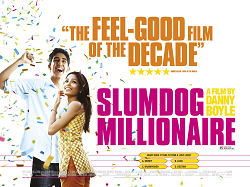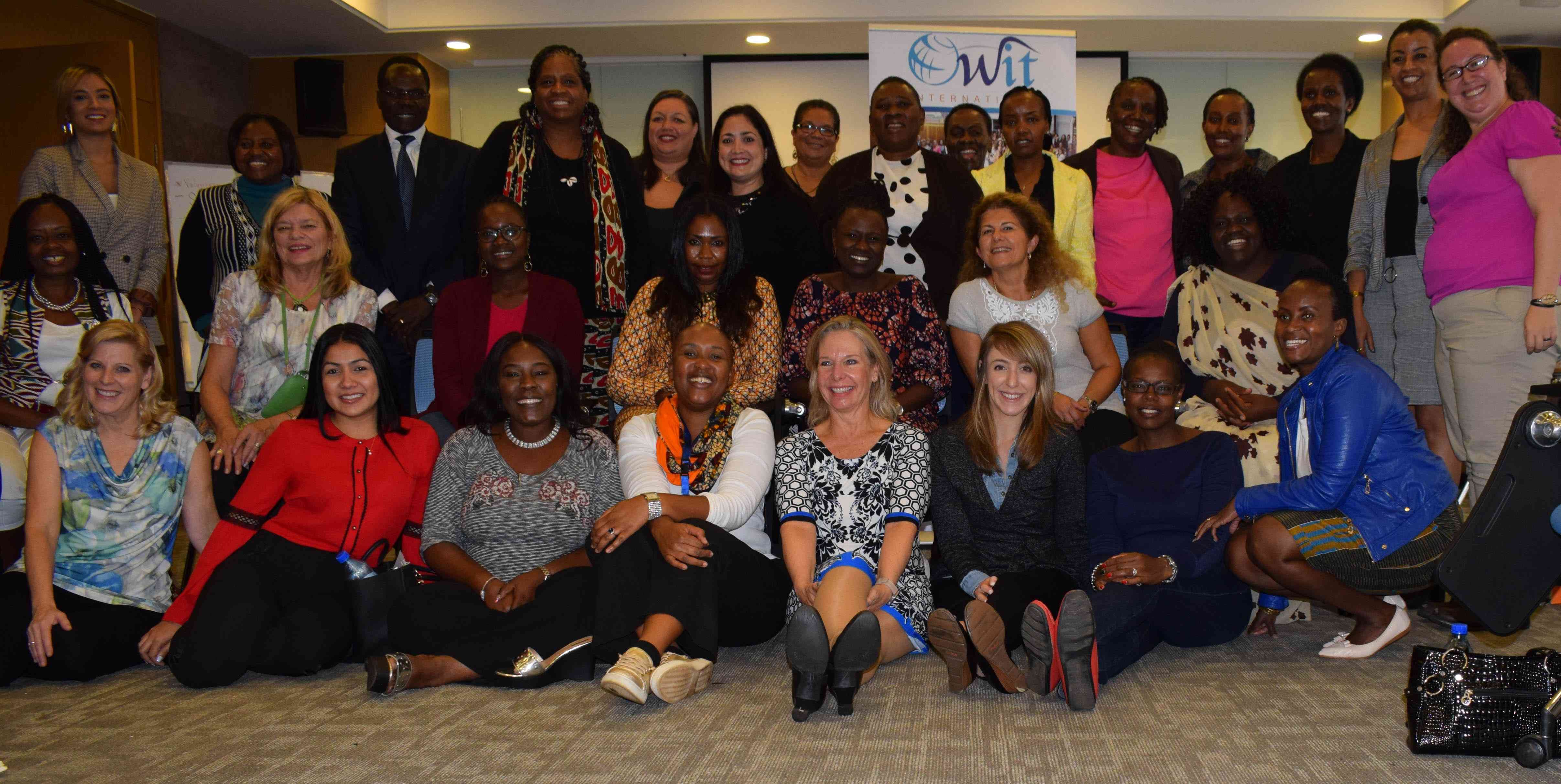
The first time I came across the name Hallelujah Chicken Run Band, I burst out with laughter and I was thinking to myself: ”How on earth can anyone think of such a name for a band?”
It wasn’t until Samy Ben Redjeb of Analog Africa (Shungu Label) went to Mhangura to find out how all this happened: This is his story:
The story of the Hallelujah Chicken Run Band began in the summer of 1972. The magnificent OK Success had just finished an extensive tour of Malawi and, when the tour was over, their young trumpet player Daram Kalanga, decided to pay a visit to his father who worked as a security guard for the copper mine in the small community of Mhangura.
While there, Daram heard rumours that the directors of the mine were planning to buy musical equipment and were looking for a band to entertain their workers. Daram requested a meeting with a Mr Walker, the chairman of the mine, who invited him into his office. Walker didn’t beat about the bush and asked Daram what it would take to assemble a professional band. His reply was: “A car, a bit of cash, and one week in the capital city.”
Once the green light had been given, Daram travelled to Salisbury – later renamed Harare – to locate some of the musicians he had met during his colourful career. The first one he encountered was bass player Robert Nekati, who had just returned from Victoria Falls after leaving the mighty Harare Mambo Band. He accepted Daram’s unusual proposal for a new musical adventure and the two started to think about who to approach next. The first name that came to mind was Thomas Mapfumo, who was then a rock ‘n’ roll singer and drummer in a band called The Springfields. Thomas, who was fond of city life, was initially hesitant to travel all the way to Mhangura, “the bush” as far as he was concerned. But after a night thinking about it, he agreed, and the three men went to Matapi beerhall in Mbare to look for more musicians.
At Matapi, they found Elisha Josam, master guitarist of the Limpopo Jazz Band, who immediately suggested that they should include Joshua Hlomayi Dube, the guitarist of the Hitch-Hikers. With the inclusion of Joshua the band was complete.
The five members were a melting pot of different national origins: Daram from Zambia, Joshua with mixed Zimbabwean and Mozambican ancestry, Elisha from Malawi, and Thomas and Robert both from Zimbabwe.
A Nissan combi was dispatched to Salisbury to collect the musicians along with their luggage and equipment. The directors of the mine had arranged for a practice room, and the very next morning the musicians lost no time getting started on rehearsals. They knew each other well enough that they needed only a few days of practise before they were ready to hit the stage.
As Robert explained, they would continue to polish their repertoire during the shows and try out new songs to gauge the reaction of the public.
From the beginning, the five musicians agreed to share lead vocals, although Thomas and Elisha soon emerged as the group’s principal vocalists.
The Limpopo Jazz band, OK Success and the Great Sounds (of Anopenga Anewaya fame) had already started modernising traditional Shona music by transcribing mbira progressions onto the electric guitar, and using the hi-hats of modern drum kits to emulate the sound of the hosho shakers.
But it was the Hallelujah Chicken Run Band with the release of the songs Ngoma Yarira and Murembo who would have the greatest impact. It was a watershed moment in the country’s musical history, and it established the band as founders of modern Zimbabwean music.
Since the band played at night, after the mineworkers had knocked off, they were idle during the day and started to move around the township looking for things to do. Some would sell stuff brought from Salisbury which was hard to find in Mhangura and would charge a little bit more.
In the meantime, Elisha and Thomas managed to find day work at a local chicken run. The farmer had hundreds of chickens in the fowl run which he was unable to count. Walker, relieved that they had found something to occupy their daytime hours, exclaimed “Hallelujah!”…. then continued “Why don’t you call yourselves The Hallelujah Chicken Run Band?” And so it was. Elisha became notorious for stealing eggs and chickens from work, which he would bring back to the band’s headquarters, for delicious traditional sadza dishes. This made him very popular with his fellow band-mates.
The band quickly became popular in the area and were soon invited to play at “white clubs” where they played a mixture of soul, rock, cha-cha-cha and a bit of Congolese rumba. Thomas also began adding some traditional tunes as he had done in the Springfields.
The band members soon realised that while the band’s signature Afro-rock sound was a hit at the ‘white’ clubs, the mine workers, many from Malawi, preferred traditional tunes. Although a few bands had recorded songs with traditional lyrics and melodies for the RBC — the Rhodesian Broadcasting Corporation — the music remained westernised, lacking Zimbabwean flair.
Joshua would soon change that as he started to develop a staccato guitar style influenced by the mbira, the traditional thumb piano of the Shona people, that would become synonymous with Zimbabwean music. In his performance on Ngoma Yarira, Joushua was already more advanced towards the mature electric “mbira-guitar” style than most of his contemporaries.
That track in particular had a strong impact on Zimbabwean music. It was derived from one of the standard chord progressions used in classical mbira pieces, in this case Karigamombe.
One day during a rehearsal Joshua had been playing the song on his guitar and Thomas, recalling his youthful love of mbira music and his days with the Springfields, stood up and said he could sing that kind of tune. They performed the song that night, and the crowd went wild.
To that point, the Hallelujah Chicken Run band had been strongly influenced by Ghanaian Afro-rock group Osibisa, Daram had pushed the group in that direction, but he also understood that most of the mine workers didn’t really get it. On the other hand, when they started playing their own renditions of traditional Zim music, there was a sudden change of mood in the audience. They couldn’t get enough of it.
In 1974, Teal Records from South Africa decided to launch a local branch and started scouting for good Rhodesian bands. One of the company’s scouts made a trip to Mhangura after hearing reports of a good band playing for the mine workers, and invited the Hallelujah Chicken Run Band to come to Salisbury where an important music contest was organized at the Skyline Motel. In the first round, the Hallelujah Chicken Run Band found themselves up against such heavyweights as the Harare Mambos, Safiro Madzikatire, Eye Q, OK Success, and others. As Robert recalls, most of the bands were playing rumba, rock or soul, but HCR were the only ones who had decided to play traditional Zimbabwean style.
It was not long before Crispen Matema appeared in Mhangura in his Datsun 1500. He explained that he was going to start a new label called AfroSoul, that he wanted to record the best bands in the country, and that HCR were definitely one of them. The following week, a driver collected the band and took them to Salisbury. They spent the night in Mbare and met the next morning at the Jameson House studio on the 11th floor of a downtown building, where Matema was waiting. It is unclear how many songs were recorded that day, but at least were completed on an eight track, reel-to-reel tape recorder. The session was essentially a live recording: the drummer was in a separate room but otherwise, the whole band played together as if on stage and no overdubs were added.
Some songs were recorded in a single take (hence the name of this compilation), while others were given a little more attention. Murembo took thirty minutes, and Ngoma Yarira about an hour, which is remarkabke considering that these two songs would chart a completely course for Zimbabwean music. Murembo was arguably the first recorded song with explicitly political lyrics, no small matter in a country that was just about to enter the violent, final years of its long-smoldering struggle for liberation.
On that first session, the HCR did not forget the miners of Mhangura, recording a traditional Malawian song called Alikulila, sung in Nyanja. Back at the mine, the band’s popularity continued to grow, but their success soon sparked the irritation and jealousy of others who worked at the mine: how could a bunch of musicians earn more than they did? The band performed six to eight hours per night, four times a week; this came to 30 hours a week, which, at 10 pounds per hour, was good money at the time. In addition, the musicians had their day jobs taking care of the children of the mine employees, or in the case of Thomas and Elisha, looking after chickens! One day one of the white employees complained to Walker that the mine was paying too much money to ‘uneducated savages’.
Under pressure, the mine executives decided to lower the musicians’ salaries. Thomas knew exactly what was going on and went straight to Walker’s office to complain. The discussion ended with Thomas getting fired. He went back to Harare and formed the Acid Band and later The Blacks Unlimited.
Back in Mhangura, Robert took over lead vocals for the HCR Band, while Daram moved to drums; during the instrumentals, Robert would replace Daram on drums, while Elisha and Joshua exchanged bass and guitar. After about two weeks of this configuration, Robert was dispatched to Salisbury to find a new singer and a drummer. He met with singer Patrick Mukwamba, a veteran of Robert’s old bands, The Carnations and The Pop Settlers, and also managed to locate Patrick Kabanda, the drummer of Electric Mud, whom he had last seen at the Skyline contest the previous year. The two members followed Robert back to Mhangura and brought a burst of creativity to the band, composing new songs based on traditional popular tunes. Patrick Mukwamba especially brought a series of extra-ordinary Shona tunes such as Mudzimu Ndiringe and Kare Nanhasi, a song he had composed for The Tycoons the previous year. Things were looking good for the HCR Band when a new problem emerged called Elisha Josam.
Robert and Daram, telling the story years later, couldn’t stop laughing: one night, the mine’s bartender was absent, and Elisha was asked to look after the bar. No sooner did the manager explain the job and leave the club, than Elisha began offering beer to anyone who asked.
He placed two full crates by stage and “offered” them to the sweating musicians, who accepted the gift without argument. It turned out that Elisha had been looking for an opportunity to get out of Mhangura in order to form his own band, and this stunt provided the mine with the perfect excuse to fire him.
Back in Salisbury, Josam went to lead The New Tuttenkhamen Band, for whom he composed and sang the popular song Joburg Bound, which became a landmark of Crispen Matema’s career. The HCR Band replaced him with David Ndoro, guitarist of the Groove Union Band.
In the early days of Zimbabwean pop music, the deck was constantly being reshuffled, and veteran musicians were apt to rub shoulders again and again.
Feedback: [email protected]











